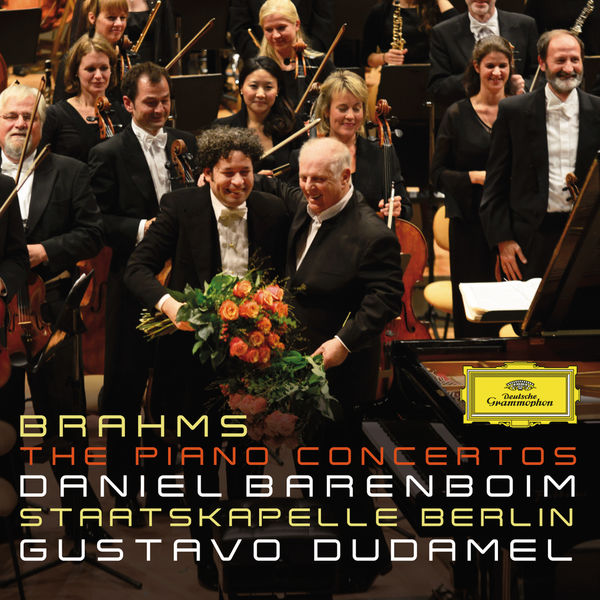This is the continuation of a blog post started last weekend.
Marc-Antoine Charpentier – Histoires sacrées – Christophe Daucé – Ensemble Correspondances – Harmonia Mundi 2019
Yet another French composer that I know very little about. If like me you’ve grown up in Central Europe and have been watching television, you typically know Charpentier as the composer of the Eurovision theme, the fanfare that was played when several European countries decided to do a joint production.
This theme is actually the prelude to his Te Deum.
Beyond this, again giving away my ignorance, I barely knew anything about him. He occasionally pops up on some French baroque compilation I own, but in my entire library which really isn’t that small, I have a total of 2 albums featuring this composer.

Listening to this album as part of writing this blog post made it clear to me that I really missed something here. I have zero benchmark to compare the version to obviously, but Sebastien Daucé’s Ensemble Correspondances plays truly engaging early baroque vocal music, beautifully sung and played. It immediately reminded me of Monteverdi, which turns out isn’t misleading. Monteverdi’s operas clearly influenced the Versailles court and Charpentier’s composing.
Really worth checking out. No formal rating given my ignorance of the composer, but informally this is 4 stars upwards.
Antonio Vivaldi: Il Giustino – Ottavio Dantone (Naïve 2019)

Only two things to say here from my side: Dantone’s Vivaldi playing is truly fantastic, but unfortunately I can stand Vivaldi’s operas in doses of 10 min max.
So don’t expect a formal review here. But if you like Vivaldi, this is a no brainer.
Bach: 6 Partitas – Robert Levin (2019

I was already confused when I saw the original review of this in Classica some months ago. I tried it again, and I just don’t get it: the interpretation is so bland and boring to my ears, I really don’t understand what Classica likes about this.
I prefer Igor Levit or Perahia any time.
Camille Pépin – Chamber Music (NoMad 2019)

I had already checked this out when I read the original review. A contemporary composer (born 1990), and female, which unfortunately is still a rarity, I was intrigued.
No formal review here, I still struggle with contemporary music, but this is not atonal, and actually quite rhythmic, so I encourage you to check this out, especially if you like e.g. the ECM New Series style.
Weinberg: Symphony No. 2 and 21 – Mirga Grazinyte-Tyla – City of Birmingham Symphony – Gidon Kremer (DG 2019)
A 20th century composer, with a young female conductor (also here we have way to few), and Gidon Kremer to top it all off, again I was interested. This album actually got huge praise by both Gramophone and Classica, and these two magazines don’t often overlap.

I checked this out several times, initially liking the tonal passages, then the music drifts into chordal progressions that just leave me confused. Which typically makes me give up to quickly. Now that I’m getting more and more (with baby steps) into Shostakovich, I may start to appreciate it more. I’ll certainly come back to this and so should you.
And keep an eye on Mirga Grazinyte-Tyla. This young Lithuanian conductor is a great talent worth watching.
Classica also recommends another Weinberg album by Gidon Kremer, also on DG; focusing on his chamber music.
Saint-Saëns: Piano Concertos 3-5 – Kantorow (x2) – Tapiola Sinfonietta (BIS 2019)

Sure, Classica likes French composers. Fair enough for a French classical music magazine. But actually, for Camille Saint-Saëns I truly share their enthousiasm. I must again admit my ignorance, but 2019 has been my year of discovery of his piano concertos. After the fantastic recording with Bertrand Chamayou which won a well deserved Gramophone Award, comes another outstanding recording, by French pianist Alexandre Kantorow, playing here with his father, Jean-Jacques at the baton. Kantorow is a fantastic pianist (see my review of his recent Russian album here, which also made it into my top classical albums of 2017). In short, a five star album that you should really own!
Mozart: Libertà – Raphaël Pichon

I’ve already shared my passion for this fantastic album in my review here. A must have.
Brahms: Clarinet Sonatas & Trio – Moraguès – Braley – Poltera (Indésens 2018)

Brahms’ chamber music for clarinet is still a part of his oeuvre that I find among the least accessible. I’ve so far only reviewed the recording of the sonatas with Lorenzo Coppola and Andreas Staier, but have never written about the clarinet trio.
This excellent album is a good occasion to change the latter, you get very nuanced and delicate playing that really helps exploring these beautiful and intimate works. Give them a try!
So, any feedback from your side? What do you think about this selection?
You can find the albums I mention above here (or in the original review):







